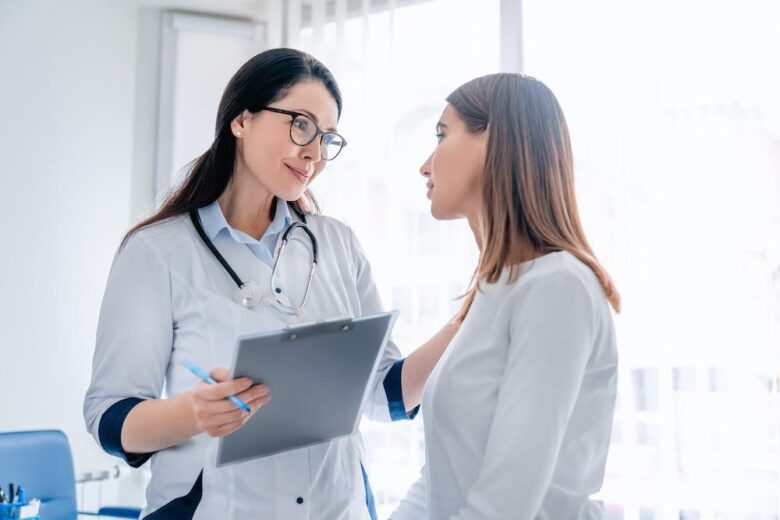5 Telltale Signs of Endometriosis

Although tissues in your body can become damaged or diseased, they typically stay put. With endometriosis, the tissue wanders beyond its uterine boundaries and attaches itself to other organs.
Globally, about 10% percent of women suffer from endometriosis. Although it can happen to any woman at any stage from their first menstrual cycle through menopause, it usually strikes between the ages of 15 and 49.
While there’s no cure for endometriosis, there are effective treatments available from our team at IVFMD, with offices in Arlington, Irving, and Grapevine, Texas. However, many women go undiagnosed, chalking up their symptoms to “normal” menstrual discomfort.
To help you recognize the possible onset of endometriosis and begin early treatment, here are the five most common symptoms.
1. Severe abdominal pain
Most women experience some degree of discomfort and cramping before or during their menstrual periods, but endometriosis often triggers severe pain. The endometrial tissue bleeds no matter where it’s located, so if it’s trapped outside your uterus, it has no escape route, which causes inflammation and pain. You may feel intense cramps or pain in your lower back, rectum, or groin.
Moderate or severe endometriosis may also cause the development of endometriomas, small blood-filled cysts that may rupture and lead to extreme pain and bleeding.
2. Gastrointestinal issues
Diarrhea, constipation, and painful bowel movements are classic symptoms of endometriosis, but are also common signs of irritable bowel syndrome. Many women mistakenly think that the problem lies in their gut and seek treatment for the wrong condition, contributing to the long list of those with undiagnosed endometriosis.
3. Painful sex
Sex should feel good. When it doesn’t, there are many possible culprits, including infection, lack of lubrication, vaginal atrophy, and more. But if sex is painful, orgasms hurt, and the discomfort lingers, it may be an indication of endometriosis — especially if you have other symptoms, such as uncomfortable bowel movements.
4. Infertility
Having endometriosis does NOT mean you can’t get pregnant. However, it may mean that you have a harder time conceiving. Several theories about this exist, including pelvic adhesions that can hide the egg and make egg pickup by the tube difficult, poor-quality eggs, or pelvic inflammation that limit the survivability of the egg and sperm.
Regardless of what’s inhibiting fertility, our team can help you overcome the challenges and realize your dream of having a baby.
5. No symptoms
The lesser-known sign of endometriosis is no symptoms at all. Many women experience zero discomfort with endometriosis, even if their condition is advanced. Some women only experience one of the classic symptoms and only mildly, so they don’t consider it a medical condition that warrants diagnosis and treatment.
Living with endometriosis
At IVFMD, we treat your endometriosis with a personal approach. We take into account your medical history and your future family planning. We consider your specific symptoms, your age, your overall health, and the severity of your endometriosis. We base our treatment on these unique factors and design a plan in partnership with you.
Medication and hormone therapy may alleviate many of your symptoms, including the pain and discomfort of endometriosis. A laparoscopic surgical procedure can remove the endometrial lesions and increase your chance of getting pregnant.
If you’re experiencing any of these signs of endometriosis, we encourage you to come in for a comprehension examination. Schedule an appointment today by calling any of our three Texas offices or reach out to us online. There’s no need to live with the pain of endometriosis.
- Special IVF Protocols for Diminished Ovarian Reserve - February 5, 2025
- Is IVF the Right Choice? - March 2, 2024
- What to Consider When Choosing a Fertility Clinic - February 29, 2024